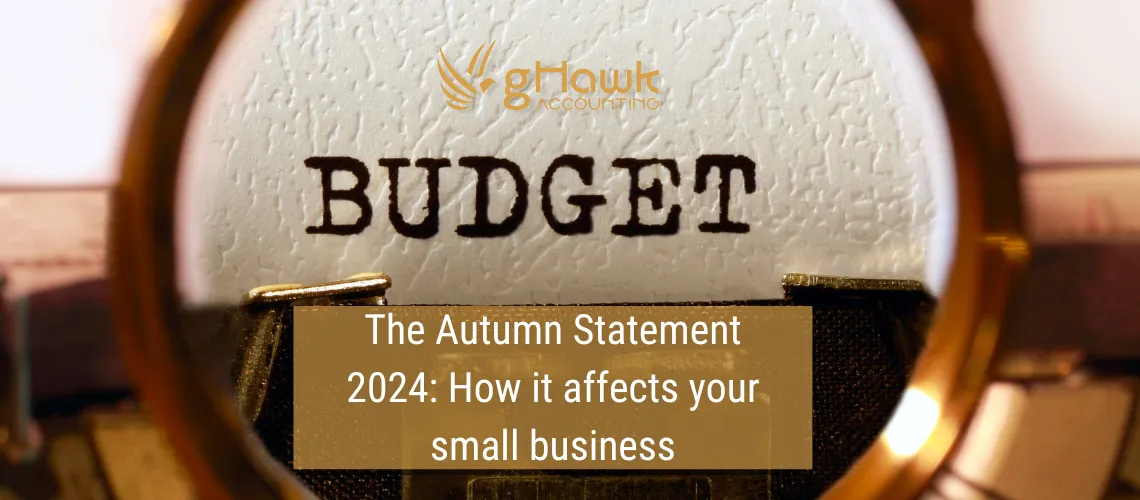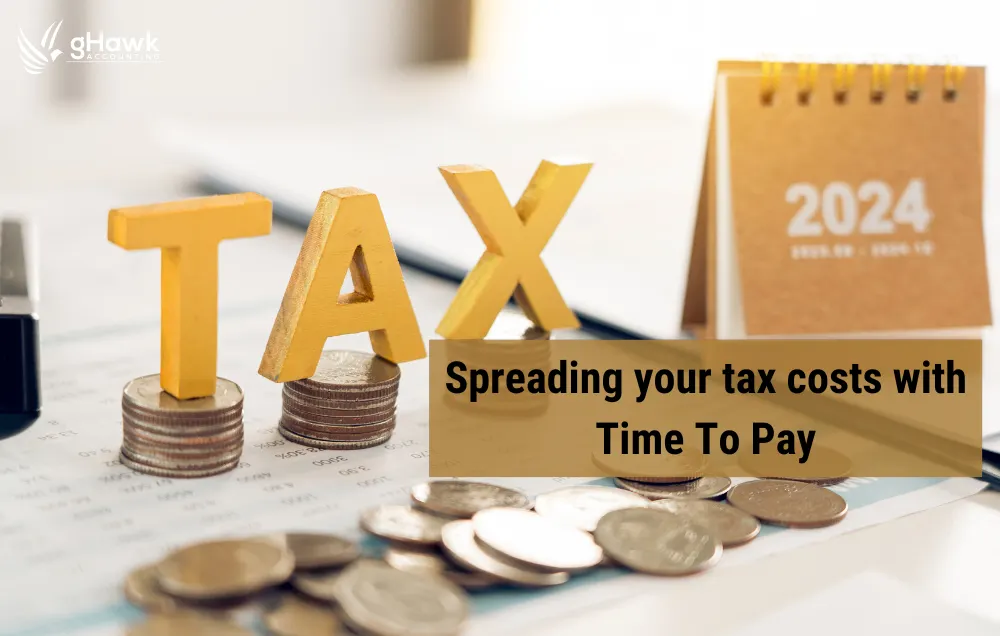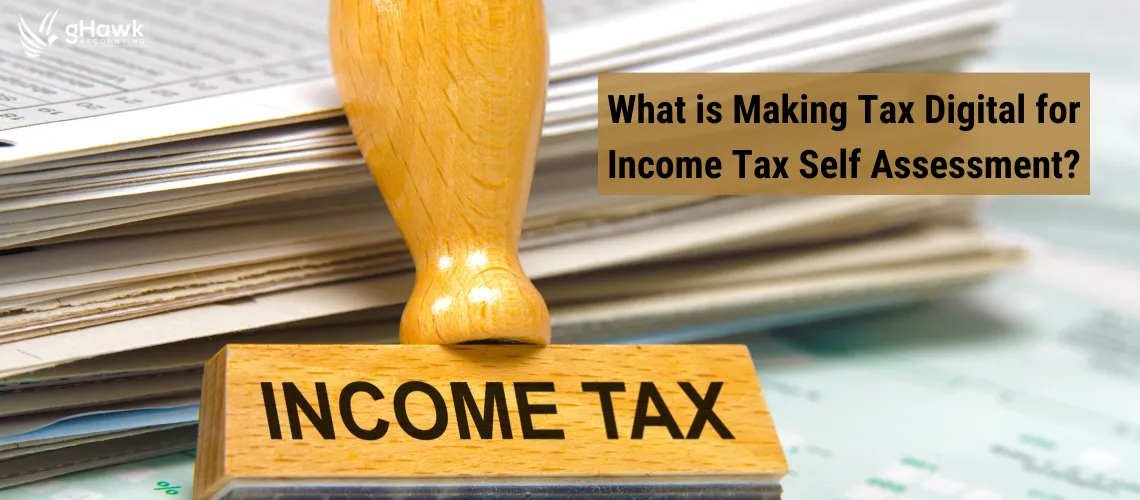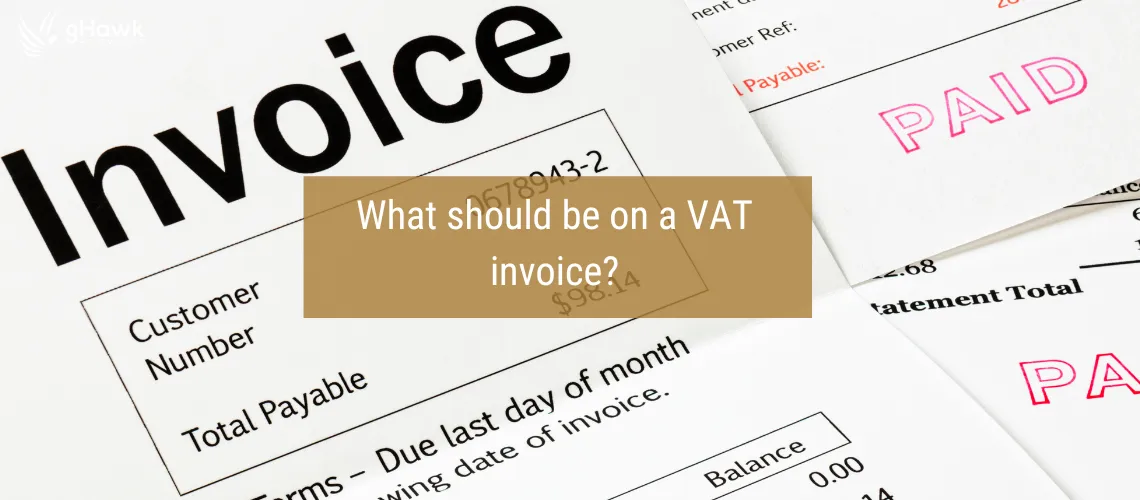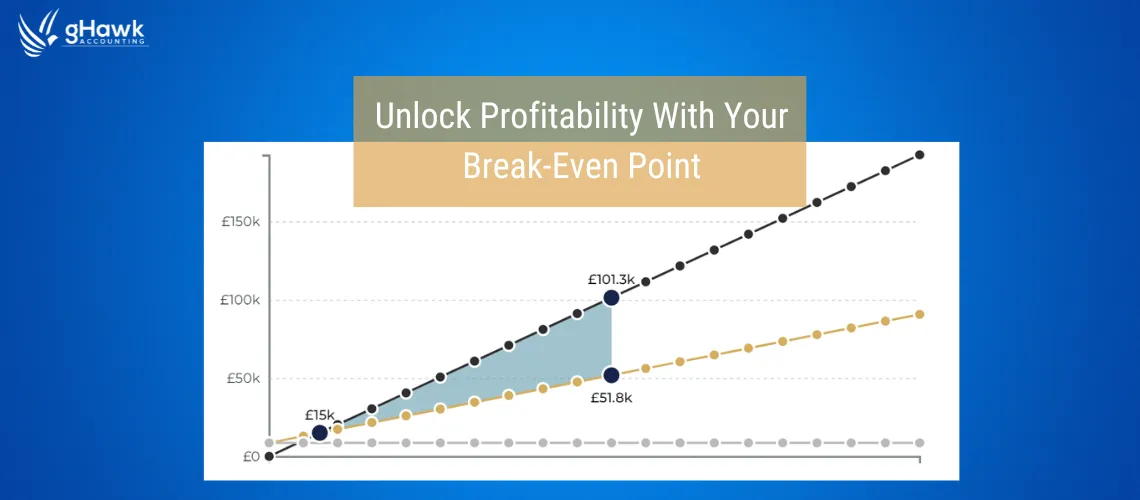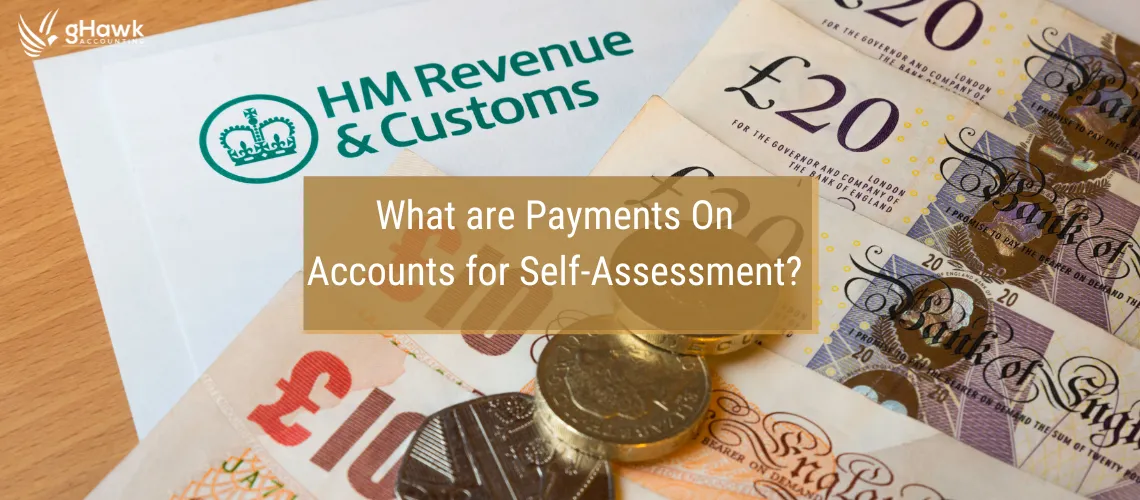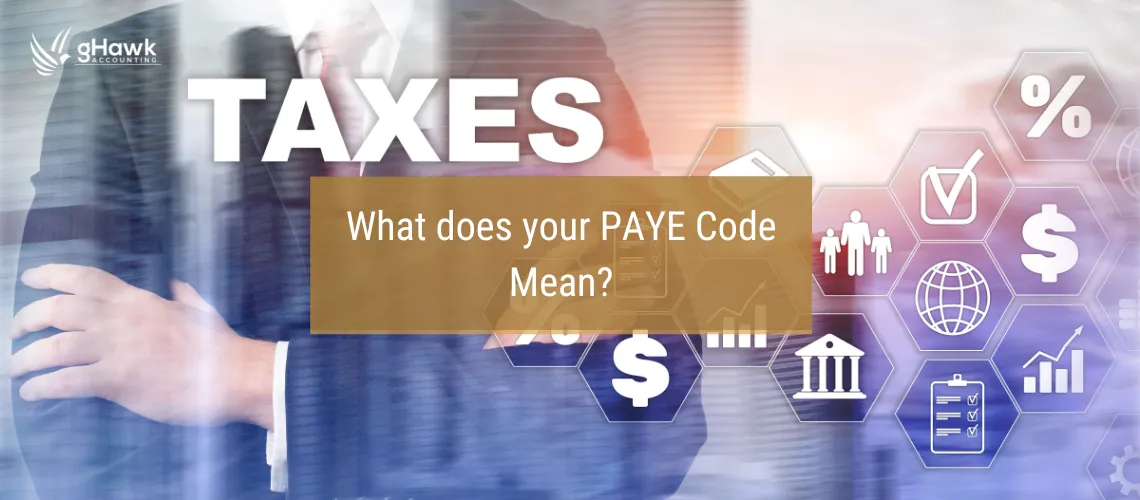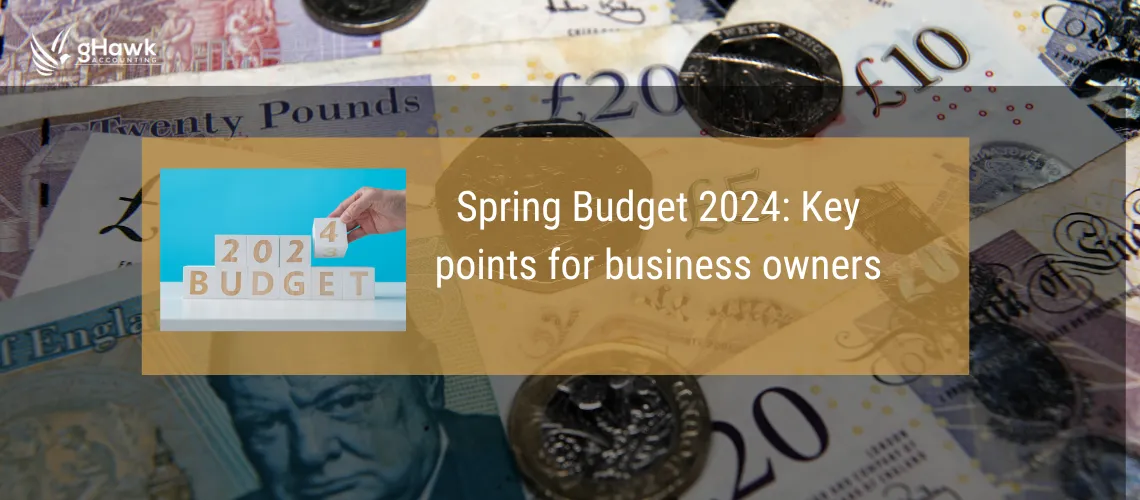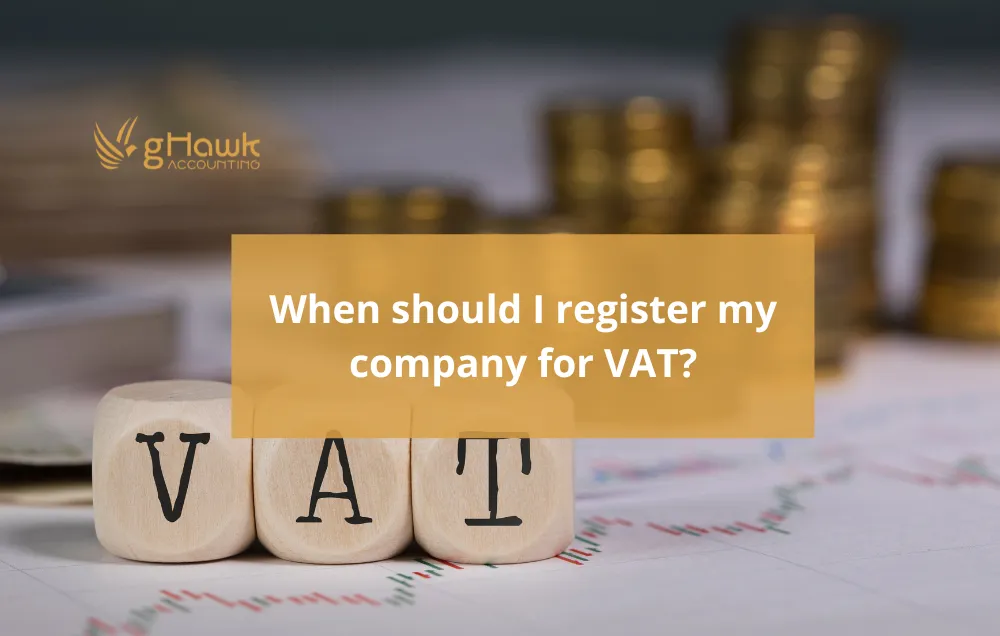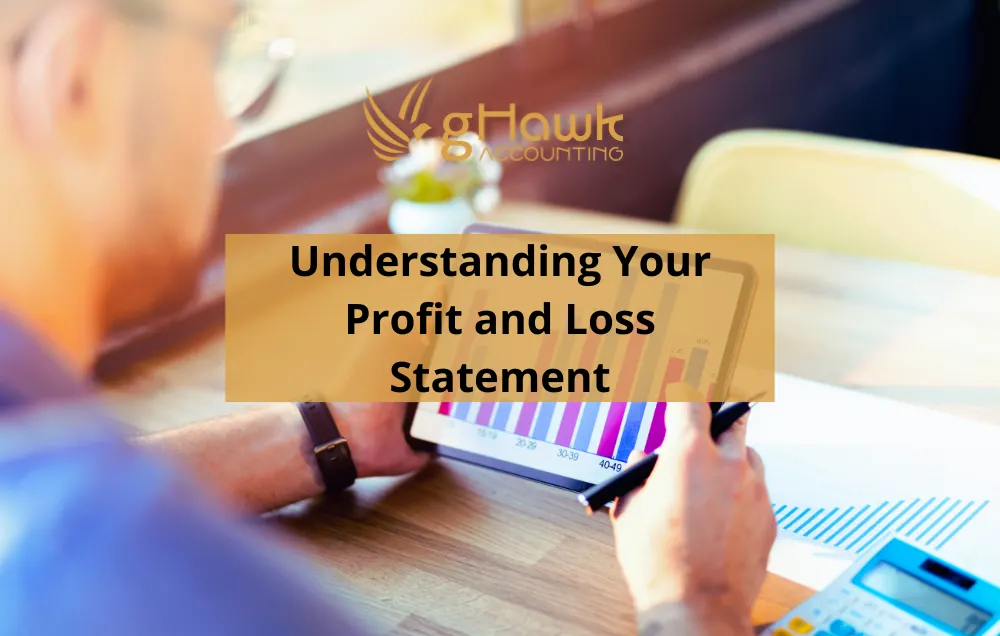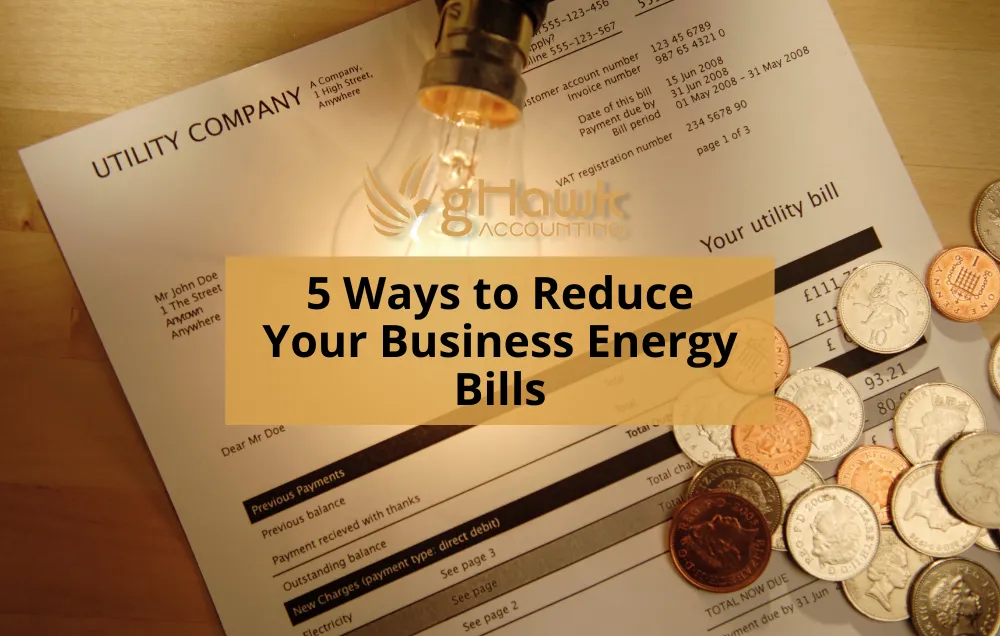Should I get an electric car?

Having a company car used to be seen as a considerable perk. But in recent years it's become less clear whether having a conventionally powered company car as part of your income mix is a good idea – both from a tax perspective and from a sustainability angle.
The good news is that electric vehicles (EVs) are now more readily available. And choosing an EV as a company car may well be a great idea from both an eco and tax perspective.
A greener choice of car?
Having an EV as your company is a more eco-friendly choice in many ways. An EV has zero tailpipe emissions, produces less noise pollution and can be cheaper to run.
There are arguments over the green credentials of EVs, as lithium batteries will eventually need replacing and electrical power to charge the batteries currently still relies heavily on carbon-based power stations. But as technology, battery recycling and the use of renewable energy increases, having an EV as a company car will certainly help you do your bit for lowering carbon emissions.
Taxing a company car
When you tax a company car, there are two tax areas to consider:
- The tax deduction for the company when acquiring the vehicle
- The personal tax benefit in kind (BIK) value on which the driver is taxed.
Both of these are tipped in your favour when comparing the rules for EVs compared with conventionally powered internal combustion engine vehicles (ICEVs).
Tax allowances for EVs
For the company, 100% first-year allowances can be claimed on the purchase of an EV, provided that it’s new and unused. Any charging point you install at the business for your EV will also qualify for the super-deduction of 130% of the cost, which is certainly a good incentive.
Compare this to the company buying an ICEV. No first-year allowances are available but annual writing down allowances of 6% (18% if emissions < 50g/km) can be claimed instead.
As the driver of the vehicle, your benefit in kind (BIK) is calculated at 2% of the vehicle’s list price for the current tax year. ICEV rates are far higher, ranging up to 37%, depending on emissions. In the most common band the BIK is around 28%. If your fuel is provided, as an EV driver, you pay no additional tax, whereas an ICEV driver pays tax on an additional amount calculated by multiplying the vehicle BIK rate by £25,300.
Is now the time to switch to an EV?
If you’ve previously dismissed the idea of a company car because of the complex and expensive tax regime, now may be the time for a rethink.
Opting for an EV is currently a tax-efficient option and there are still incentives for both companies and individuals to explore the EV route. Going electric is a more sustainable option than a petrol-guzzling ICEV and you may well save on running costs as well.
Talk to us about the tax implications of an EV
If you’re thinking about getting an EV as a company car, come and talk to us. We’ll help you calculate the tax impact for both the company and driver, and can explain the relevant capital allowances that can be claimed when purchasing an EV for the company.








